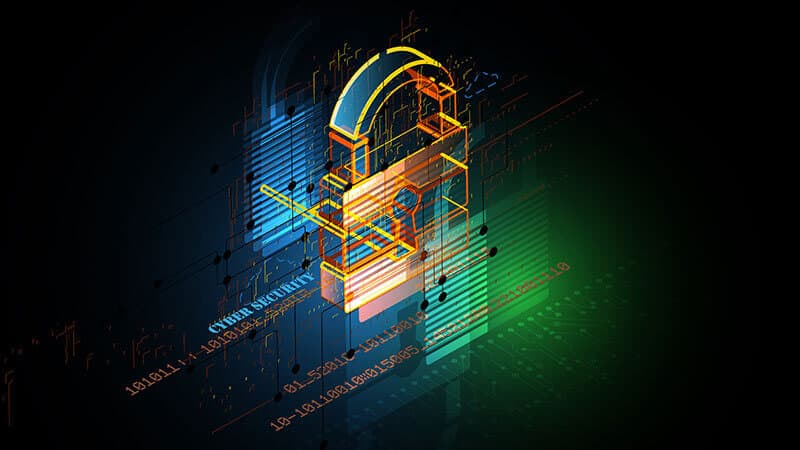Cybersecurity Awareness Month – Multi-Factor (aka Two-Factor) Authentication
December 12, 2022

Learn the Power and Protection of MFA/2FA
Sometimes in life, you come across a Life Hack that just leaves you stunned with how easy
it is and why haven’t I adopted or used this before now? MFA or 2FA is one such Life Hack for cybersecurity that everyone needs to learn and adopt for all their online accounts. MFA or 2FA is using a second factor beside your password, to identify yourself to a SaaS application. It prevents hackers from stealing our accounts when they possess our passwords through a breach of some 3rd party website.
In addition to MFA/2FA, you should also adopt a password manager as soon as humanly possible. This is a second Life Hack that you’ll be glad you adopted mere weeks after learning how to use these two tools. Take home message: Adopt MFA / 2FA and a Password Manager as soon as possible to protect yourself online. You’ll be so happy you did!
Also consider signing up with CyberHoot and implementing the best practices shown below.
CYBERHOOT BEST PRACTICES:
- Train your employees on the common attacks that are out there. From weak passwords and password managers, to the importance of multi-factor authentication and how to spot phishing attacks. Awareness is the key to defending your business.
- Govern you employees with cybersecurity policies including Acceptable Use, Password, Information Handling and a Written Information Security Policy.
- Establish cybersecurity best practice processes such as a Vulnerability Alert Management Process (VAMP) and a Cybersecurity Incident Management Process (CIMP) to guide and require action in the face of an emergency. Then move on onboarding and offboarding processes, SaaS management processes, and 3rd party risk management.
- Establish strong technical protections including: a Firewall, antivirus, anti-malware, anti-spam, multi-factor authentication on all critical accounts, Enable full disk encryption, manage the keys carefully, and most importantly, adopt, train on and require all employees to use a Password Manager.
- Test employees on how to spot and avoid phishing attacks. CyberHoot has released a disruptive method of Phish Testing the fills in gaps in your employees knowledge without punishing them for failure. Instead we reward them for success. More info is available here.
- Backup your data by following our 3-2-1 Backup methodology to ensure you can recover your business from a cybersecurity event.
- In the modern Work-from-Home era, make sure you’re managing personal devices connecting to your network by validating their security (patching, antivirus, DNS protections) or prohibiting their use entirely.
- If you haven’t had a risk assessment by a 3rd party in the last 2 years, you should have one now. Establishing a risk management framework in your organization is critical to addressing your most egregious risks with your finite time and money.
- Buy Cyber-Insurance to protect you in a catastrophic failure situation. Cyber-Insurance is no different than Car, Fire, Flood, or Life insurance. It’s there when you need it most.
CyberHoot believes that for many small to medium sized businesses and MSPs, you can greatly improve your defenses and chances of not becoming another victim of cyberattack if you follow the advice above.





